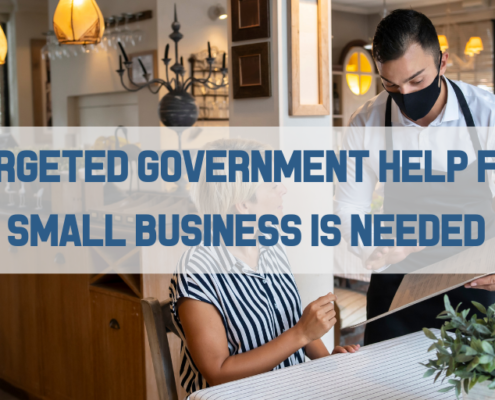California Tax Experiment: Policy Makers Receive Valuable Economics Lesson
/0 Comments/in COVID Economy, Economic Opportunity, Featured, Graduated Income Tax, Podcast Hubwonk /by Editorial StaffHost Joe Selvaggi talks with Stanford University Economics Professor Joshua Rauh about his research on the reaction of Californians to a tax increase, from his report, “The Behavioral Response to State Income Taxation of High Earners, Evidence from California.” Prof. Rauh shares how his research offers tax policy makers insight into the likely effects of similar increases in their own states, including here in Massachusetts.
Related: New Study Finds Tax Policy Drives Connecticut’s Ongoing Fiscal & Economic Crisis
Guest:
 Joshua Rauh, originally from Newton, MA., is a Professor of Finance at the Stanford Graduate School of Business, a Senior Fellow at the Hoover Institution, and a Research Associate at the National Bureau of Economic Research (NBER). Professor Rauh’s research on state and local pension systems in the United States has received national media coverage in outlets such as the Wall Street Journal, the New York Times, the Financial Times, and The Economist. He is an Associate Editor of the Journal of Finance and an editor of the Journal of Pension Economics and Finance and the Review of Corporate Finance Studies. He holds a BA degree in economics, magna cum laude with distinction, from Yale University and a PhD in economics from the Massachusetts Institute of Technology.
Joshua Rauh, originally from Newton, MA., is a Professor of Finance at the Stanford Graduate School of Business, a Senior Fellow at the Hoover Institution, and a Research Associate at the National Bureau of Economic Research (NBER). Professor Rauh’s research on state and local pension systems in the United States has received national media coverage in outlets such as the Wall Street Journal, the New York Times, the Financial Times, and The Economist. He is an Associate Editor of the Journal of Finance and an editor of the Journal of Pension Economics and Finance and the Review of Corporate Finance Studies. He holds a BA degree in economics, magna cum laude with distinction, from Yale University and a PhD in economics from the Massachusetts Institute of Technology.
Get new episodes of Hubwonk in your inbox!
Related Posts:

Study Finds Massachusetts Graduated Income Tax May Be a “Blank Check” and Not Increase Funding for Designated Priorities

Post-Pandemic Prospects: Tech Leaders’ Prescription for Preserving a Healthy Economy

Report: Proposed Graduated Income Tax Might Not Increase State Education and Transportation Spending

New Study Highlights Economic Fallout from California’s 2012 Tax Hike

Wealth Migration Trends: Remote Work Technology Empowers Workers to Live Anywhere

New Study Finds Pandemic-Spurred Technologies Lowered Barriers to Exit in High-Cost States

Interstate Legal Skirmish: New Hampshire Takes Massachusetts Telecommuter Tax to the Supreme Court

Connecticut’s Painful Journey: Wealth Squandered, Lessons Learned, Promise Explored

New Study Shows Significant Wealth Migration from Massachusetts to Florida, New Hampshire

Intrepid Restauranteurs Endure: Passion for Community, Patrons, and Staff Mean Failure is Not on the Menu

California Tax Experiment: Policy Makers Receive Valuable Economics Lesson

New Study Finds Tax Policy Drives Connecticut’s Ongoing Fiscal & Economic Crisis

Unemployment Insurance Rescue: Employer Advocate Seeks Relief to Catalyze Pandemic Recovery

MBTA Cuts Ahead: COVID Causes Commuters To Consider Comprehensive Changes

Pioneer Report Spotlights Decade-long Building Boom in Massachusetts Construction Industry

Pioneer Checklist Includes Steps for Policy Makers, Business Owners to Revitalize Hardest-Hit Industries

Pioneer Report Highlights Pre-Pandemic Employment Growth in Massachusetts’ Hospitality & Food Industry



